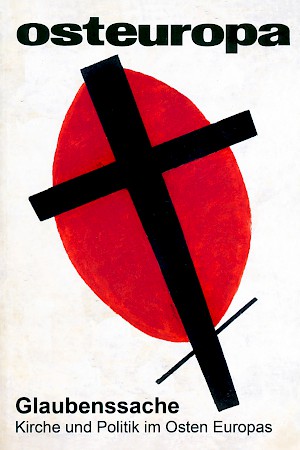The Religious Office of Writer
Heresies in Gogol, Dostoevsky, and Tolstoy
Deutsche Fassung
Abstract
Russian authors from the 19th century demonstrate a strong impetus of social criticism. Many literary sketches of society have religious underpinnings, but recommend unorthodox ways for the realisation of the national community: Gogol preached asceticism and self-mortification; Dostoevsky calls for a brotherhood of all men under Russian aegis; and Tolstoy rejects all forms of hierarchy and seeks to eradicate evil by means of a radical pacifism. These religious programs hide various confessional affinities: In his emphasis on the apocalypse, Gogol feeds on Catholicism; Dostoevsky’s furore shows parallels to Protestantism; and Tolstoy’s rejection of a personal god and his quietism point to a spiritual closeness to Buddhism.
(Osteuropa 6/2009, pp. 261–276)



